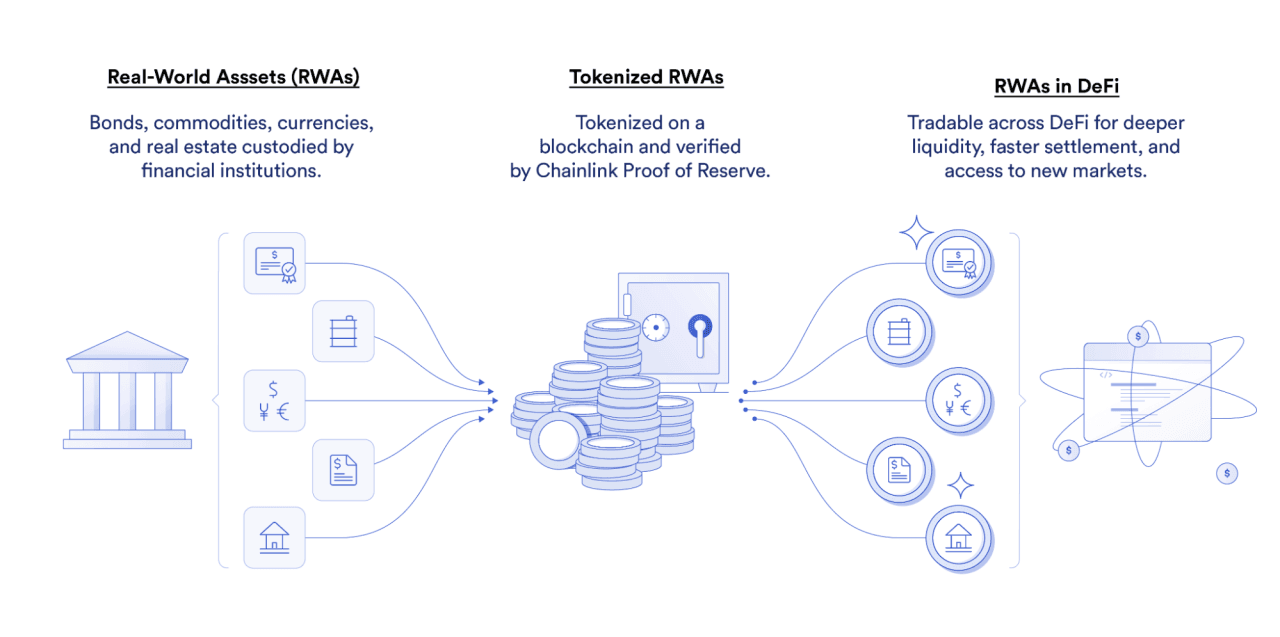
Chunyang Shen
Sep 26, 2024
Learn how to calculate the value of shares in a private company using proven methods, key factors, and practical tips for accurate valuation in this comprehensive guide for investors and business owners.
Determining the value of shares in a private company is a crucial skill for investors, employees, and business owners alike. Unlike publicly traded companies with readily available stock prices, calculating the value of shares in a private company requires specific methods and careful analysis. This comprehensive guide will walk you through the process of how to calculate the value of shares in a private company, providing you with the tools and knowledge to make informed investment decisions.
Understanding Private Company Valuation
Before diving into the specific methods for calculating share value, it's essential to understand the key factors that influence private company valuation:
Differences Between Public and Private Companies
The primary distinction between public and private companies lies in the availability of market-driven share prices. Public companies have their shares traded on stock exchanges, providing real-time valuation data. Private companies, on the other hand, lack this transparent pricing mechanism, making valuation more complex.
Key Factors Influencing Private Company Value
Several factors contribute to the overall value of a private company:
Financial Performance: Revenue, profitability, and cash flow are critical indicators of a company's financial health.
Growth Potential: Market size, competitive landscape, and industry trends impact future growth prospects.
Management Team: The experience and track record of the leadership team can significantly affect valuation.
Risk Factors: Various risks, including market volatility and regulatory changes, must be considered.
Methods for Calculating Share Value
There are several established methods for calculating the value of shares in a private company. Let's explore the most common approaches:
1. Comparable Company Analysis (CCA)
Comparable Company Analysis, also known as "comps," is a widely used valuation method that compares the private company to similar publicly traded companies.Key Steps in CCA:
Identify comparable companies in the same industry and of similar size.
Gather financial data for these companies, including revenue, EBITDA, and net income.
Calculate valuation multiples such as:
Price-to-Earnings (P/E) ratio
Enterprise Value-to-EBITDA (EV/EBITDA)
Price-to-Sales (P/S) ratio
Apply these multiples to the private company's financials to estimate its value.
Example:
Let's say you're valuing a private software company. You identify three comparable public companies with an average P/E ratio of 20. If your private company has earnings per share (EPS) of $5, you could estimate its share value as:Estimated Share Value = EPS × P/E Ratio
Estimated Share Value = $5 × 20 = $100 per share
2. Discounted Cash Flow (DCF) Analysis
DCF analysis is a more complex but thorough method that projects future cash flows and discounts them back to present value.Key Components of DCF:
Free Cash Flow (FCF) projections
Discount rate (often the Weighted Average Cost of Capital, or WACC)
Terminal value
Steps in DCF Analysis:
Forecast future cash flows for 5-10 years.
Determine an appropriate discount rate.
Calculate the terminal value (the company's value beyond the forecast period).
Discount all future cash flows and the terminal value to present value.
Sum these values to arrive at the company's estimated value.
Example:
Suppose you project the following free cash flows for a private company:
Year 1: $1,000,000
Year 2: $1,200,000
Year 3: $1,400,000
Terminal Value: $20,000,000
Using a discount rate of 10%, the present value of these cash flows would be:Present Value = $1,000,000 / (1.1)^1 + $1,200,000 / (1.1)^2 + $1,400,000 / (1.1)^3 + $20,000,000 / (1.1)^3
Present Value ≈ $18,859,917Dividing this by the number of outstanding shares would give you the estimated value per share.
3. Asset-Based Valuation
This method calculates the company's net asset value (NAV) by subtracting total liabilities from total assets.Steps in Asset-Based Valuation:
Determine the fair market value of all company assets.
Calculate total liabilities.
Subtract liabilities from assets to arrive at the NAV.
Divide NAV by the number of outstanding shares.
Example:
If a company has total assets of $10,000,000 and total liabilities of $4,000,000, its NAV would be $6,000,000. With 100,000 outstanding shares, the estimated value per share would be $60.
Factors to Consider in Private Company Valuation
When calculating the value of shares in a private company, several additional factors must be taken into account:
Liquidity Discount
Private company shares are typically less liquid than those of public companies, often resulting in a valuation discount. This discount can range from 10% to 40%, depending on various factors.
Control Premium
A controlling stake in a private company may command a premium, as it allows for greater influence over company decisions and strategy.
Minority Interest
Conversely, owning a minority stake may result in a discount due to limited control and potential difficulties in selling shares.
Illiquidity
The lack of a readily available market for private company shares can significantly impact their value. Investors often require higher returns to compensate for this illiquidity.
Practical Tips for Valuing Private Company Shares
To ensure accurate valuation of private company shares, consider the following tips:
Review the Shareholder Agreement: This document often contains important clauses related to share valuation and transfer restrictions.
Seek Professional Help: For complex valuations, consider hiring a professional business appraiser or valuation firm.
Use Multiple Valuation Methods: Employing various methods can provide a more comprehensive view of a company's value.
Consider Industry-Specific Factors: Different industries may have unique valuation metrics or considerations.
Update Valuations Regularly: Private company values can change rapidly, so it's important to reassess periodically.
Conclusion
Calculating the value of shares in a private company is a complex but essential process for investors, employees with stock options, and business owners. By understanding the various valuation methods, considering key factors like liquidity and control, and following best practices, you can make more informed decisions about private company investments.Remember that valuation is both an art and a science. While these methods provide a framework for analysis, they should be combined with thorough due diligence and industry knowledge. Always consider seeking professional advice when dealing with significant investments or complex valuation scenarios.By mastering the techniques outlined in this guide, you'll be better equipped to navigate the world of private company valuation and make sound investment decisions.
Recommended articles




